A Path to Better Sleep Starts at Desert Hills Dental Care
Sleep apnea is a common sleep disorder characterized by pauses in breathing or shallow breaths during sleep. These interruptions in breathing can occur multiple times throughout the night, leading to disrupted sleep patterns and potential health risks.
While treatments like continuous positive airway pressure (CPAP) therapy are effective for many individuals, our Farmington, NM, sleep apnea specialist, Dr. Charles Schumacher, may recommend surgery for those who don’t respond well to other treatments or have anatomical issues causing their sleep apnea.
If you’re in need of an effective treatment to combat sleep apnea, contact Desert Hills Dental Care by calling (505) 427-2936.

What is Surgery for Sleep Apnea?
Surgery for sleep apnea aims to alleviate symptoms by correcting anatomical abnormalities that contribute to airway obstruction during sleep. This can involve various procedures targeting different parts of the upper airway, such as the nose, throat, or palate.
Types of Sleep Apnea Surgery
Surgery for sleep apnea is usually a last-resort treatment. However, various surgical treatments may be recommended, including:
- Uvulopalatopharyngoplasty (UPPP): UPPP is a surgical procedure that involves removing excess tissue from the throat, including the uvula and parts of the soft palate, to widen the airway and alleviate obstruction.
- Genioglossus Advancement (GA): GA repositions the base of the tongue forward to prevent it from collapsing into the throat during sleep.
- Maxillomandibular Advancement (MMA): MMA repositions the upper and lower jaw to enlarge the airway, creating more space for airflow.
- Inspire Therapy: Inspire Therapy is an innovative approach involving the implantation of a device that stimulates the hypoglossal nerve, thereby preventing airway blockage during sleep.
- Palate Implants: Small rods or implants are inserted into the soft palate to stiffen it, reducing snoring and airway collapse.
- Septoplasty and Turbinate Reduction: These surgeries address structural issues within the nose, such as a deviated septum or enlarged turbinates, contributing to sleep apnea.
Benefits of Surgery for Sleep Apnea
Sleep apnea surgery can provide many benefits for those with treatment-resistant sleep apnea:
- Improved Quality of Sleep: Surgery can help reduce or eliminate breathing interruptions during sleep, leading to better overall sleep quality.
- Reduced Health Risks: Treating sleep apnea can lower the risk of associated health problems, including cardiovascular issues and daytime fatigue.
- Decreased Reliance on CPAP: For individuals who struggle with CPAP therapy, surgery can offer an alternative or complement to manage their condition.
- Long-term Solution: In some cases, surgical intervention can provide lasting relief from sleep apnea symptoms, reducing the need for ongoing treatment.
Who Qualifies for Surgery?
Not everyone with sleep apnea is an ideal candidate for surgery. Generally, surgery may be considered for individuals who:
- Have moderate to severe obstructive sleep apnea.
- Have tried and failed other treatments such as CPAP therapy.
- Have specific anatomical abnormalities contributing to their sleep apnea.
Frequently Asked Questions
Is surgery the only option for treating sleep apnea?
No, surgery isn’t the only option. CPAP therapy, lifestyle changes, oral appliances, and positional therapy are also common treatments for sleep apnea.
Is surgery for sleep apnea always successful?
Success rates vary depending on the type of surgery and individual factors. While many people experience significant improvement in symptoms, some may require additional interventions or ongoing treatment.
Is surgery for sleep apnea painful?
Pain levels can vary depending on the type of surgery and individual pain tolerance. Your healthcare provider will discuss pain management options and what to expect during the recovery process.
Are there any risks associated with sleep apnea surgery?
As with any surgical procedure, there are potential risks and complications, including bleeding, infection, and adverse reactions to anesthesia. Your healthcare provider will discuss these risks with you before the procedure.
Enhance Sleep Quality and Health with Surgery
Surgery can be an effective option for managing sleep apnea in certain cases, offering improved sleep quality, reduced health risks, and long-term relief from symptoms. However, it’s essential to schedule a consultation with your Farmington, NM sleep apnea specialist by calling (505) 427-2936 to determine the most suitable treatment approach based on individual needs and circumstances.
